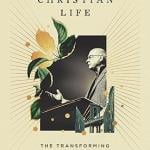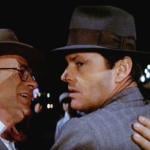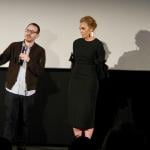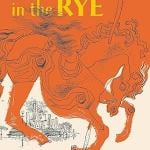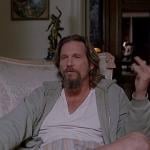This is the fourth part of a series on the cultural moment of horror
Horror is a genre that lends itself to whatever length the artist and consumer want.
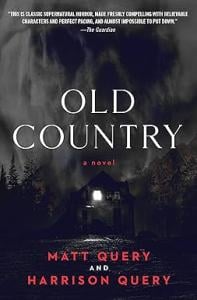
What do I mean by that? Well, in a world where Percy Jackson is still fighting gods (or whatever–I’ve not read the series) after seven books, maybe you want to just read a single book and be done with the story. If looking at the MCU is overwhelming, maybe you just want a stand-along film that you can enjoy and then go on with your life without keeping track of characters and plot arcs and so forth?
Or, maybe you read that one book and wished there were more (lookin’ at you Lord of the Rings–though of course when we got more with Rings of Power we were… underwhelmed, to say the least). Maybe you want the story to keep going.
In either case, horror is a great place to go. For that matter, most horror stories themselves can go either direction. Take the book Old Country. It is a standalone novel that tells a full story with no real loose ends.
And yet, the story could just as easily turn into a series, should the authors want to go for that cash grab (I would obviously discourage this–you’ve told the story, now tell a different one). Maybe we get the spirit’s backstory, or the tale of how the methods of dealing with the spirit were discovered. Or maybe we learn that the spirit is just one of many, and each part of the whole nation has its own spirit, and there are small groups of people everywhere working to keep these spirits appeased.
Or, well, any number of directions could be pursued. Just like Freddy Krueger works well as a one-off and as a serial character, horror lends itself to multiple tellings, or to one really good telling. That is yet another reason horror is having its moment–we I think have series-fatigue right now, and horror gives us a one-and-done outlet. But production companies want to make a profit and they know they can do that with known quantities, so why not make a sequel to A Quiet Place (and somehow not call it “A Quieter Place“) and get a bit more $? That works well for everyone in the audience–you don’t have to watch it if you enjoyed the original, but you also can watch it if you enjoyed the original.
That sort of flexibility is harder in other genres, as Marvel/Disney is finding out to its cost. But it works great with horror, and this is a specific time when production companies desperately need something to work great.
Dr. Coyle Neal is co-host of the City of Man Podcast an Amazon Associate (which is linked in this blog), and an Associate Professor of Political Science at Southwest Baptist University in Bolivar, MO


